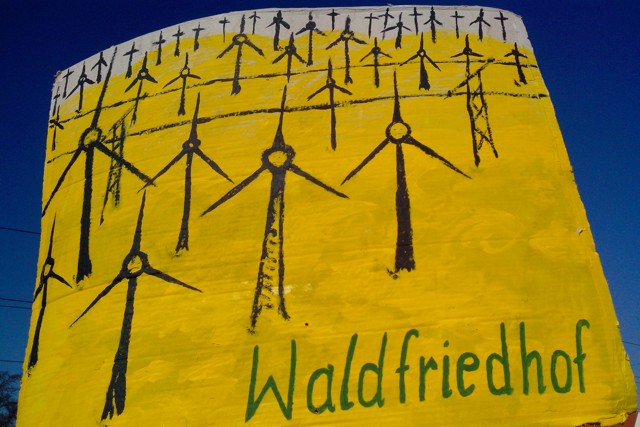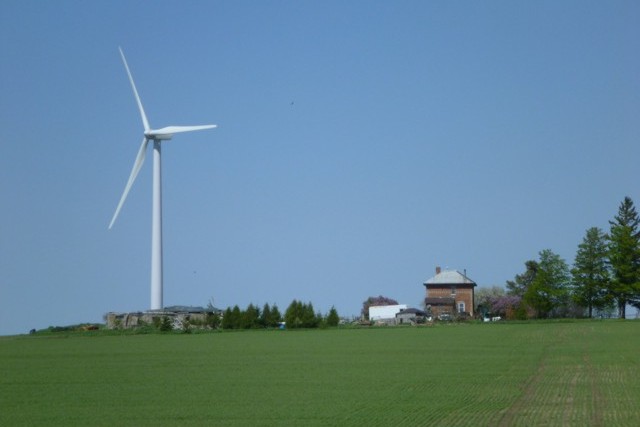Scaling-Up Contention: The Power of Anti-Wind Movements and Sub-National Government Responses in Brandenburg, Germany, and Ontario, Canada
Research department: Politics and Planning
IRS Research Topic: Forms and Implications of Spatial Governance New Social Practices
Duration: 10/2014 - 03/2018
Wind energy is seen as a key technology to achieve climate change objectives and stimulate rural economies. Therefore, many countries support the development of wind turbines. Germany is in this respect among the leading countries and is often regarded as a role model. In North America, the Canadian province of Ontario is an example of how the development of wind energy has been driven by a specific political framework following the European example. However, wind energy development in Ontario, as well as in parts of Germany such as the federal state of Brandenburg, has increasingly met with strong local opposition of concerned citizens. The literature has studied numerous underlying factors regarding the social acceptance of renewable energy facilities, however, there is unclarity about the role of (political) power and discourses in new energy spaces. The dissertation project thus focused on the role that discourse dynamics play in disputes over wind turbines.



